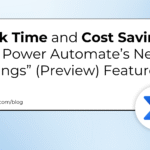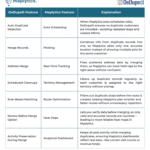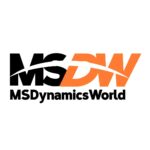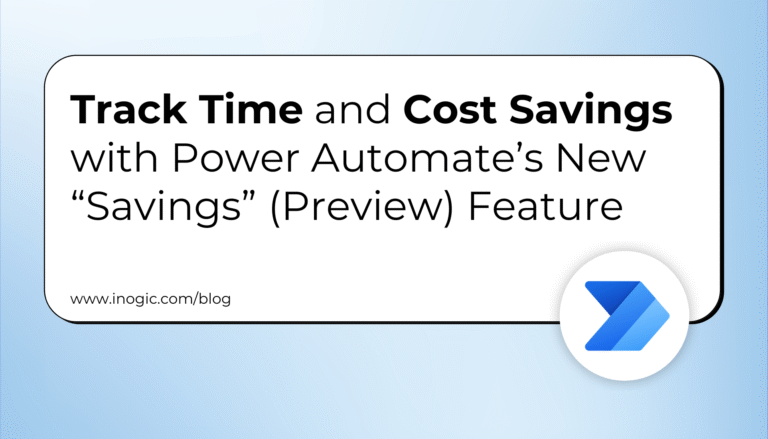Managing your business, you will definitely meet a question how to store and analyze data about your customers and their needs. Times when you did it using spreadsheets or employees managed data manually are passed. Today you can enrich your small or large business with Salesforce CRM. Salesforce CRM is one of the best tools to effectively handle and analyze vast volumes of user data by every employee in the organization and to improve customer satisfaction.
Salesforce has built in features for automating sales and marketing processes, allows users to customize and create objects, fields, processes, and reports inside CRM, and integrate CRM with other software products. It means that Salesforce is highly customizable.
If you are new to Salesforce you might need a professional – Salesforce Administrator or Salesforce Developer who will help you to design Salesforce environment considering the specific challenges that should be solved within the Salesforce CRM.
One day you will face pivotal choice: Does the situation call for the technical prowess of a Salesforce developer, or the system mastery of a Salesforce administrator? This decision can significantly impact the success of your Salesforce implementation. Understanding the differences between these roles can help you make an informed decision.
Let’s Dive into the Responsibilities and Key Skills of Each Role
Salesforce Administrators
Salesforce administrators serves as the essential connection between business operations and technology. They are responsible for managing and maintaining the Salesforce platform, understanding the organization’s processes, and implementing customizations to meet business requirements. Administrators typically handle day-to-day management tasks including:
- User and license management
- Basic customization and Salesforce configuration changes, including (but not limited to): Simple Flows, Fields, Page Layouts, Record Types, Custom Settings
- Maintaining and customizing the Salesforce Org using best practices- full understanding of options, such as automation, record types vs. page layouts
- Reports and dashboard generation
- Working with integrated applications (e.g. DocuSign, Conga, Survey Gizmo, Mailchimp, etc).
- Ensuring data cleanliness
- Guarding data security
- Educating team members on CRM best practices
- Refining the platform’s daily use
- First line of support
- Exposure to requirements gathering
- Understand business processes
- Proactive system maintenance including Security Reviews, Release Updates, Health Check, and Optimizer
- Create a platform roadmap and define priorities
Salesforce Developers
Salesforce Developers extend Salesforce Orgs beyond declarative (point-and-click) configuration, building applications and, in turn, optimizing business operations. Salesforce Developers will typically use 2 programming languages: Apex and JavaScript.The responsibilities of a Salesforce Developer can range from typical code-based tasks, through to work that requires architectural concerns (understanding the wider context of what their code is for).
Salesforce developers work behind the scenes and are responsible for:
- Custom application development tailored to intricate business processes
- Customizing the user experience with unique interface designs
- Writing complex Apex triggers, Lightning Pages to automate complex business processes
- Solution design
- API integration for cross-system harmony
- Database design
- Handling large-scale data operations and strategic migrations
- Performance testing and debugging
Key points to consider when choosing between a Salesforce developer and an Admin
- Business Requirements and Technical Complexity: In a few words If your business requires extensive customization: bespoke applications, intricate workflows, or integrations with external systems, a developer is likely the right choice. In contrast, if your primary goal is to streamline existing processes, enhance user adoption, and optimize the Salesforce environment without extensive custom development, hiring a Salesforce admin may be the more suitable option.
- Existing Infrastructure: Consider the current state of your Salesforce implementation. If you already have customizations in place or if you are starting from a standard configuration, this can influence your decision.
- Long-Term Strategy: Think about your long-term Salesforce roadmap. If you anticipate ongoing development and customization, investing in a developer could be beneficial. Conversely, if your focus is on ongoing system administration and user support, an admin may be more appropriate.
- Budget and Resources: Consider your budget and available resources. Developers typically require more specialized skills and may come at a higher cost compared to admins.
This article is prepared by our Salesforce Administrator Olga Shvaibovich.
To continue reading and see real-life use cases, please visit our website.









